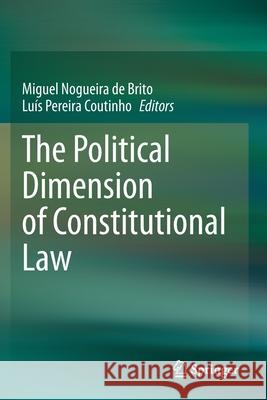The Political Dimension of Constitutional Law » książka
topmenu
The Political Dimension of Constitutional Law
ISBN-13: 9783030384616 / Angielski / Miękka / 2021 / 189 str.
The Political Dimension of Constitutional Law
ISBN-13: 9783030384616 / Angielski / Miękka / 2021 / 189 str.
cena 578,30 zł
(netto: 550,76 VAT: 5%)
Najniższa cena z 30 dni: 574,29 zł
(netto: 550,76 VAT: 5%)
Najniższa cena z 30 dni: 574,29 zł
Termin realizacji zamówienia:
ok. 20 dni roboczych.
ok. 20 dni roboczych.
Darmowa dostawa!
Kategorie:
Kategorie BISAC:
Wydawca:
Springer
Język:
Angielski
ISBN-13:
9783030384616
Rok wydania:
2021
Wydanie:
2020
Ilość stron:
189
Waga:
0.28 kg
Wymiary:
23.39 x 15.6 x 1.07
Oprawa:
Miękka
Wolumenów:
01
Dodatkowe informacje:
Wydanie ilustrowane











